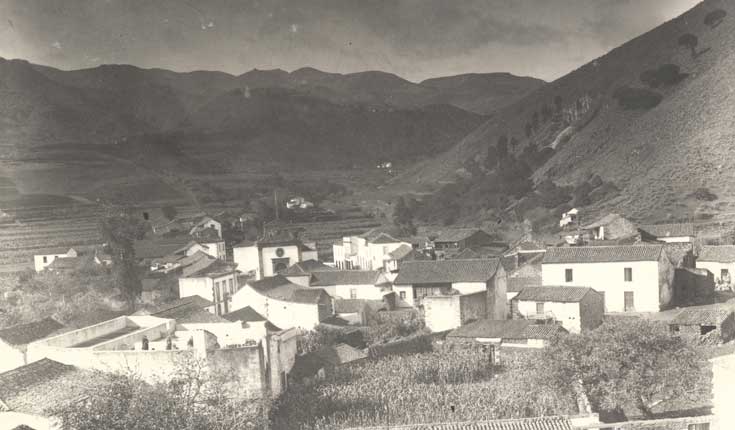Gran Canaria History & Culture
Gran Canaria's history is steeped in myth, magic and legend, with some fascinating theories on its early identity and inhabitants. While some believe in a connection between Gran Canaria and paradise islands referenced in Greek and Celtic mythology or even with the lost city of Atlantis, it's more recently been established that the island was first populated by North African peoples that later became known as the Guanches or Canarios. Perhaps related to the Berber tribes of the Nile Valley, they populated the island from as early as 500 BC, and referred to the archipelago as 'Tamaránâ' meaning 'Isle of the Brave'.

History
It wasn't until the 15th Century AD that Gran Canaria came under Spanish rule, following a long struggle between the native population and the invading Spaniards, not to mention many of Spain's European rivals. In the decades leading up to the eventual conquest, Gran Canaria had become part of a popular trade route used by the Italians, Catalans and Portuguese among others, and each of these nations wanted to claim their stake in the island. When Spain took over the island it was renamed 'Gran Canaria' meaning 'Great Island of Dog' allegedly because an African King described seeing "vast multitudes of dogs of very large size" on a visit - though it's just as likely the references was to seals or 'sea dogs', which you can still see basking around Gran Canaria's beaches today.
From the 15th Century onwards, Gran Canaria took on a new identity as a popular stop-off point for voyageurs en route to the New World. In this respect, it can be seen as one of the first truly international holiday islands. Among its most famous visitors during this period was Christopher Columbus, but it also attracted its fair share of pirates, no doubt attracted by the wealth that these important trade routes inevitably brought to the island. This period of prosperity also led to the construction of some ornate and beautiful buildings, some of which still stand on the island today. To see architecture typical of this period, a visit to the village of Teror cannot be beaten: unspoilt for centuries, its colonial houses and Baroque churches give a fascinating insight into island life at its heyday, and are beautifully preserved.
By the 17th Century, Gran Canaria's fortunes as an exporter of luxury goods began to dwindle, but within 200 years it had re-established itself once again, this time as a centre of tourism. The island's fortunate equatorial position and golden sandy beaches made it a huge hit with sun-seekers from all over Europe, while its long-established tradition as a shipping island put it firmly on the pre-air travel map.
Culture
Having played host to such a wide variety of long and short-term inhabitants over the centuries, Gran Canaria has a very mixed cultural heritage that spans three continents: Africa, Europe and the New World. The many different cultures and traditions brought by these visitors over the years have undoubtedly left their mark on the island, and this has led to a reputation as a friendly and tolerant place.
Gran Canaria played an important role in Spain's expansion into Latin America, and this historical chapter is documented in some aspects of the island's architecture and also in its customs: Gran Canaria has its own carnival season in the week before Lent, just as most Latin American countries do, and it's even been claimed that elements of the Gran Canarian accent are closer to Venezuelan pronunciation than that of mainland Spain. There is also a strong Salsa influence in the musical traditions of the island.
Today, Gran Canaria remains a warm and welcoming place that is open to all types of visitors, offering a hugely diverse range of holiday options for such a small island. Whether you're looking for cosmopolitan bars, family fun, historical architecture or just the chance to get closer to nature, you can find it all on this 'miniature continent' in the sun.
Don't forget to subscribe to our YouTube channel for more travel guides in places like Hamburg, Tokyo, and Mallorca. Plus you can check us out on Facebook, Instagram and Twitter for loads more travel tips and guides to help you make the most of your free time and travel hassle-free.
Next article: No Deal? No problem!

We're here to help.
Need help and advice picking the holiday extras that you need for your trip?
We want to help you travel hassle-free!
If you have any queries, you can contact us online here.